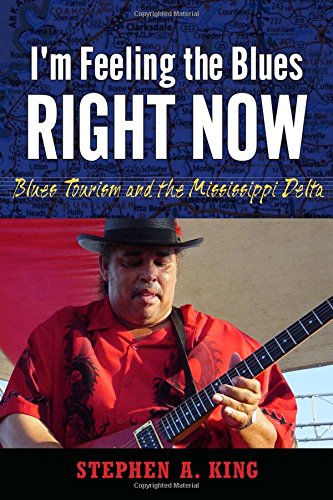

Most ebook files are in PDF format, so you can easily read them using various software such as Foxit Reader or directly on the Google Chrome browser.
Some ebook files are released by publishers in other formats such as .awz, .mobi, .epub, .fb2, etc. You may need to install specific software to read these formats on mobile/PC, such as Calibre.
Please read the tutorial at this link: https://ebookbell.com/faq
We offer FREE conversion to the popular formats you request; however, this may take some time. Therefore, right after payment, please email us, and we will try to provide the service as quickly as possible.
For some exceptional file formats or broken links (if any), please refrain from opening any disputes. Instead, email us first, and we will try to assist within a maximum of 6 hours.
EbookBell Team

0.0
0 reviewsIn I’m Feeling the Blues Right Now: Blues Tourism and the Mississippi Delta, Stephen A. King reveals the strategies used by blues promoters and organizers in Mississippi, both African American and white, local and state, to attract the attention of tourists. In the process, he reveals how promotional materials portray the Delta's blues culture and its musicians. Those involved in selling the blues in Mississippi work to promote the music while often conveniently forgetting the state's historical record of racial and economic injustice. King's research includes numerous interviews with blues musicians and promoters, chambers of commerce, local and regional tourism entities, and members of the Mississippi Blues Commission.
This book is the first critical account of Mississippi's blues tourism industry. From the late 1970s until 2000, Mississippi's blues tourism industry was fragmented, decentralized, and localized, as each community competed for tourist dollars. By 2003-2004, with the creation of the Mississippi Blues Commission, the promotion of the blues became more centralized as state government played an increasing role in promoting Mississippi's blues heritage. Blues tourism has the potential to generate new revenue in one of the poorest states in the country, repair the state's public image, and serve as a vehicle for racial reconciliation.